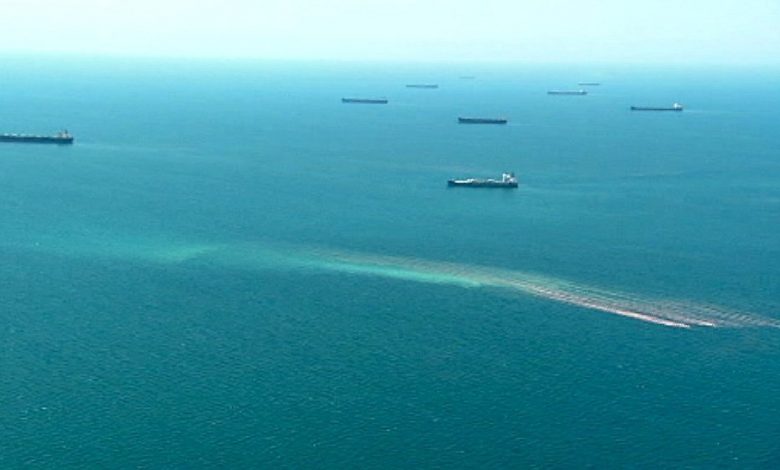World leaders commit to drive shipping decarbonisation plans ahead

Leaders of Australia, Canada, Chile, Fiji, Ghana, Indonesia, Jamaica, Japan, Kenya, Mexico, Namibia, Norway, Palau and Portugal have committed today to sustainably manage nearly 30m sq km of their national waters by 2025, a move that will have significant ramifications for the shipping industry, not least in its drive to decarbonise.
The High Level Panel for a Sustainable Ocean Economy (Ocean Panel) today put forward a new ocean action agenda. The 14 world leaders of the Ocean Panel have committed to sustainably manage 100% of the ocean area under national jurisdiction by 2025. The countries will bring what they describe in a release as a “holistic approach to ocean management that balances protection, production and prosperity” to nearly 30m sq km of national waters – an area the size of Africa. The Ocean Panel also urged leaders of coastal and ocean states across the globe to join in committing to the 100% goal so that all Exclusive Economic Zones (EEZ) are sustainably managed by 2030.
Building a sustainable ocean economy is one of the greatest opportunities of our time
Today’s new ocean action agenda could help produce as much as six times more food from the ocean, generate 40 times more renewable energy, lift millions of people out of poverty, and contribute one-fifth of the GHG emissions reductions needed to stay within 1.5°C.
“For too long, we have perceived a false choice between ocean protection and production. No longer. We understand the opportunities of action and the risks of inaction, and we know the solutions. Building a sustainable ocean economy is one of the greatest opportunities of our time,” commented Erna Solberg, prime minister of Norway and Ocean Panel co-chair.
The recommendations carried by the Ocean Panel focus on five critical areas: ocean wealth, ocean health, ocean equity, ocean knowledge and ocean finance.
Getting the right balance between protection and production will not happen by accident
Efforts are already underway to accelerate, scale and finance the new ocean action agenda. This includes multi-stakeholder coalitions focused on ocean renewable energy, ocean accounting, shipping decarbonisation, tourism and blue food.
The Ocean Renewable Energy Action Coalition (OREAC), the first coalition to publicly launch, today published the Power of Our Ocean report to support governments across the world in scaling development of ocean-based renewable energy.
“Australians have always had a deep connection to the ocean. It is an integral part of who we are: our culture, lives and livelihoods. Many of our important industries are ocean-based, including fishing, trade, tourism and recreation. Australia is investing in practical solutions to the challenges facing our oceans, to protect our precious marine and coastal ecosystems, such as the Great Barrier Reef,” commented Australian prime minister Scott Morrison.
Canadian prime minister Justin Trudeau said: “From the Atlantic, to the Pacific, to the Arctic, oceans are at the heart of many Canadian communities. Having the world’s longest coastline, Canada recognises that our economy and our well-being are deeply connected with the health of our oceans, and that we have a responsibility to protect them. That is why we are committed to working with our international Ocean Panel leaders, and to developing a comprehensive blue economy strategy. We are also calling on more world leaders and other partners to join us in turning our goals into reality. Together, we can restore the health of our oceans in a sustainable way, build stronger and more resilient blue economies, and create a healthier, cleaner, and prosperous future for current and future generations.”
Japanese prime minister Yoshihide Suga discussed his nation’s bid to rid the world of marine plastic litter.
“As a token of our mission to tackle the issue of marine plastic litter, we seek to globally promote measures that follow the Osaka Blue Ocean Vision, which aims to reduce additional pollution by marine plastic litter to zero by 2050,” Suga said.
“Getting the right balance between protection and production will not happen by accident – it is something that we need to actively plan for, and to live up to our ocean traditions and heritage,” commented the president of Palau, Tommy Remengesau.
